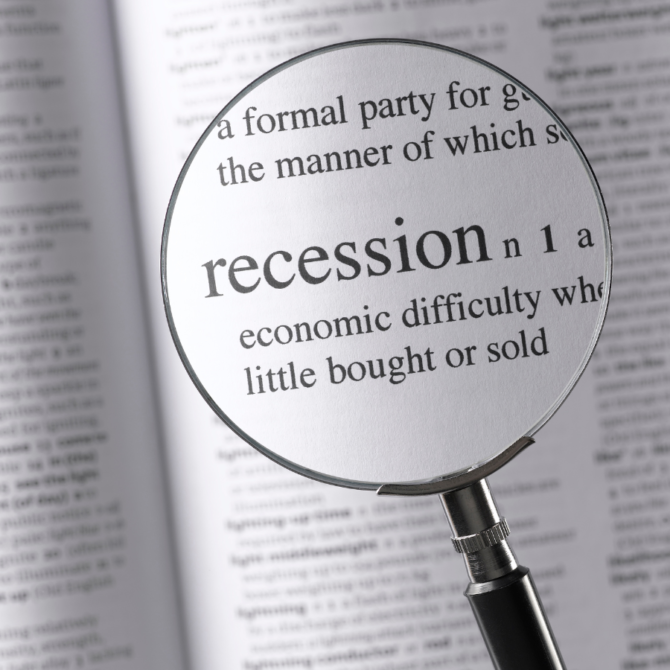Are landlords leaving the rental market?
It’s a pretty somber scene in the UK amidst the current economic crisis, but what are landlords doing to protect their investments? Is this the time to jump ship and look at alternative investments or will the market calm down and return to some sort of normal? There are so many questions that need answers from the government but at every turn, the situation appears to look bleaker. Here we look at the current mood amongst landlords and the rental market…
Landlords – is it time to sell up?
This isn’t our first rodeo when it comes to a recession and inflated interest rates, back in 2007 we witnessed similar times, and thankfully we recovered. However, today’s world looks very different, with Brexit, the war in Ukraine, and the death of the Queen. The UK has taken a new government and the fallout of this seems to be unprecedented. So much so that investments have plummeted, rentals have increased in rent, and the entire housing market is in the balance. So, what are landlords doing to protect their investments? Some landlords are rushing to sell before the housing bubble bursts. After two years of huge property price growth, with the average property value up by 15% from February 2020, London landlords now fear an oncoming crash. For some landlords, profits have evaporated, and many are running on break even on multiple properties. However, the reality is that rents can only rise as incomes rise, and if people can’t afford it, you can’t lease it.
How can landlords survive a recession?
If landlords are focussing on net profit, return on investment or yield, it can give investors a false sense of security. What counts, particularly in a recession, is cash flow. And landlords are particularly vulnerable in a recession as rent is usually a renter’s biggest outgoing. This can be a problem if renters fall into financial difficulty and are unable to pay the rent in full, or worst – at all. The recent hike in interest rates is a high blow to landlords, as passing this down to renters who are already struggling with energy bills could see them leaving properties vacant.
Maximising cash
The best thing landlords can do to prepare for a recession is to build up a financial buffer to tide them through should the cash flow turn negative. Reduce drawings from the business to the absolute minimum and concentrate on building a buffer of 3-6 months’ expenses, plus a fund of around 10% of the rent for repairs and maintenance.
If you’re a landlord looking for property management then contact us today.



